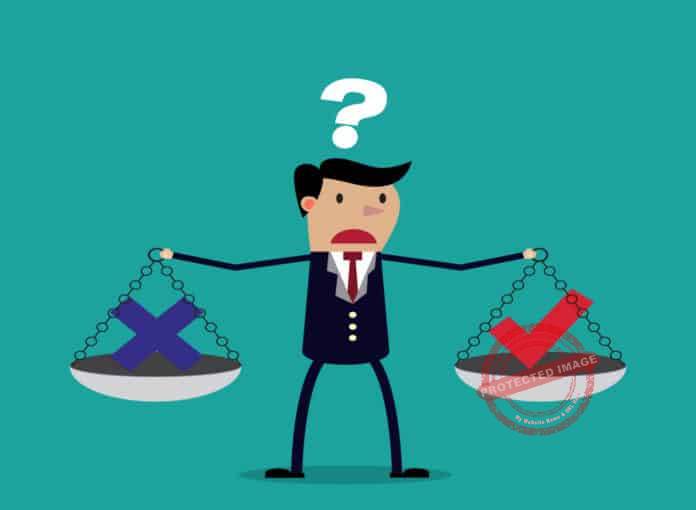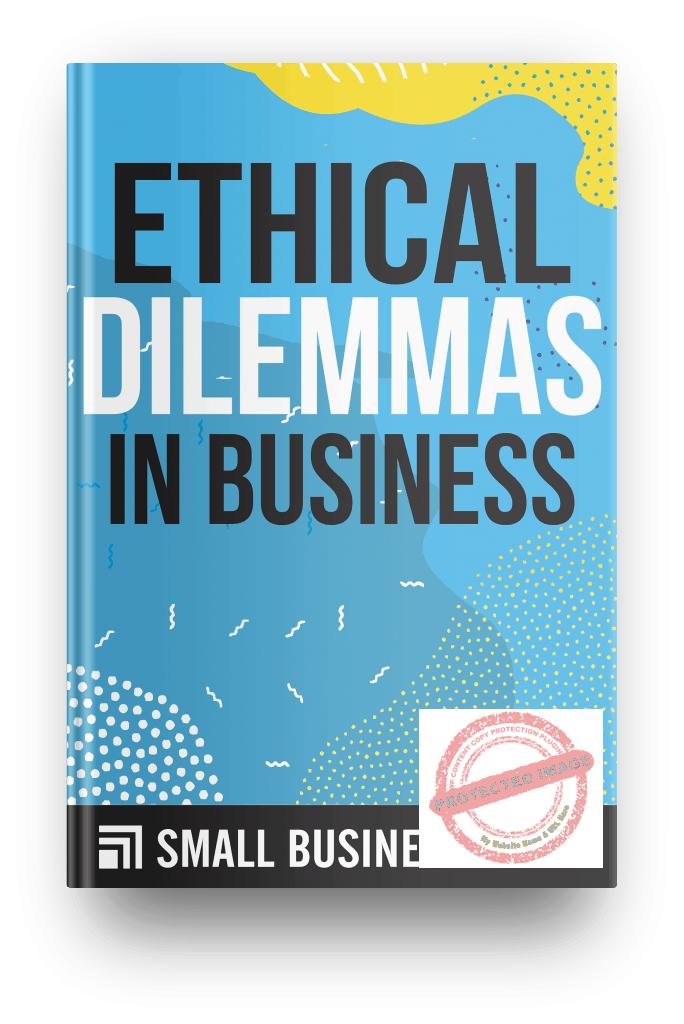Ethics is a very important consideration when running any type of business. Breaching ethical principles deliberately to get an advantage in business, is considered by many a mortal sin. However, Ethical dilemmas in business are more common than you think.
You will be surprised to know that there are many potential sources of ethical conflicts in business, and they can be committed by both entrepreneur and consumer, by employee and employer.
Given this, it is a must for all businesses to know more about these dilemmas.
This article will talk about the importance of identifying ethical dilemmas, the most common causes of why they happen, some examples found in the workplace, and possible solutions to these problems.
Why Is Discussing Ethical Dilemmas Important?
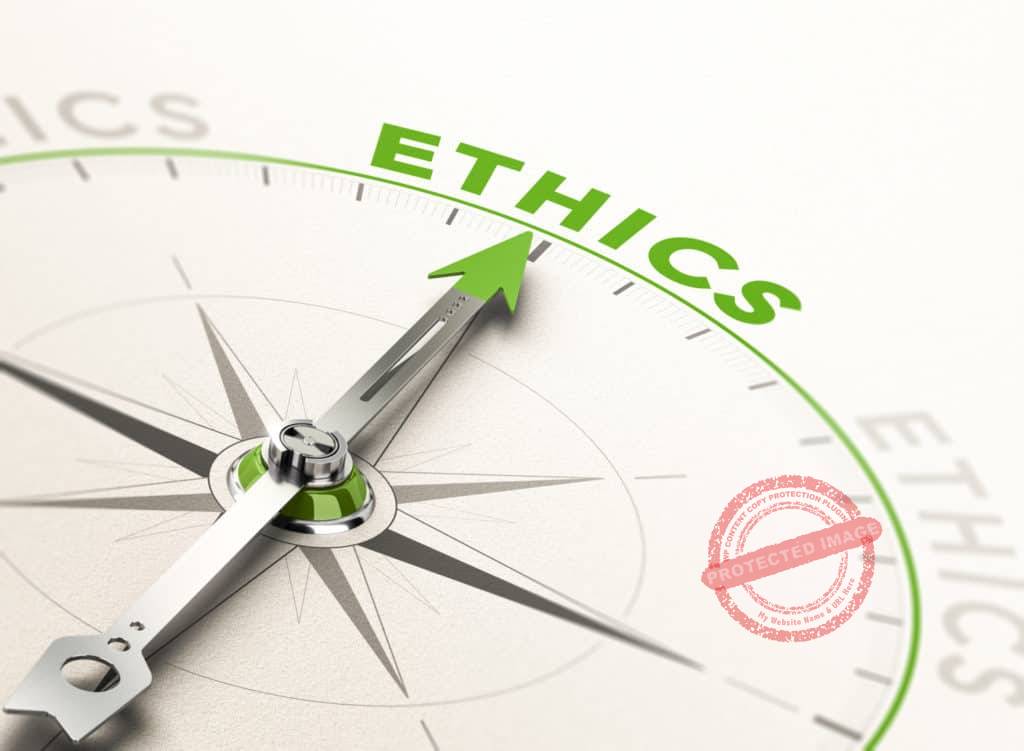
Ethics is something that any organization would say is important.
This is especially so in institutions such as business, where being ethical is considered to be highly valuable.
Then, why is discussing ethical dilemmas important for businesses of all scales?
Here is a list of some of the most important reasons why industry players need to know about these conflicts.
1. It Helps Maintain Good Business Practice

Perhaps the main reason why discussing ethical dilemmas is important is because it helps maintain good business practices.
Lots of companies run into problems because they failed to follow the unwritten rules of business.
Understanding business ethics and the dilemmas tied up to it allows leaders to improve their business practices so that they stay compliant to the ethical norms of the industry.
2. It Is Good for Both Sales and Reputation
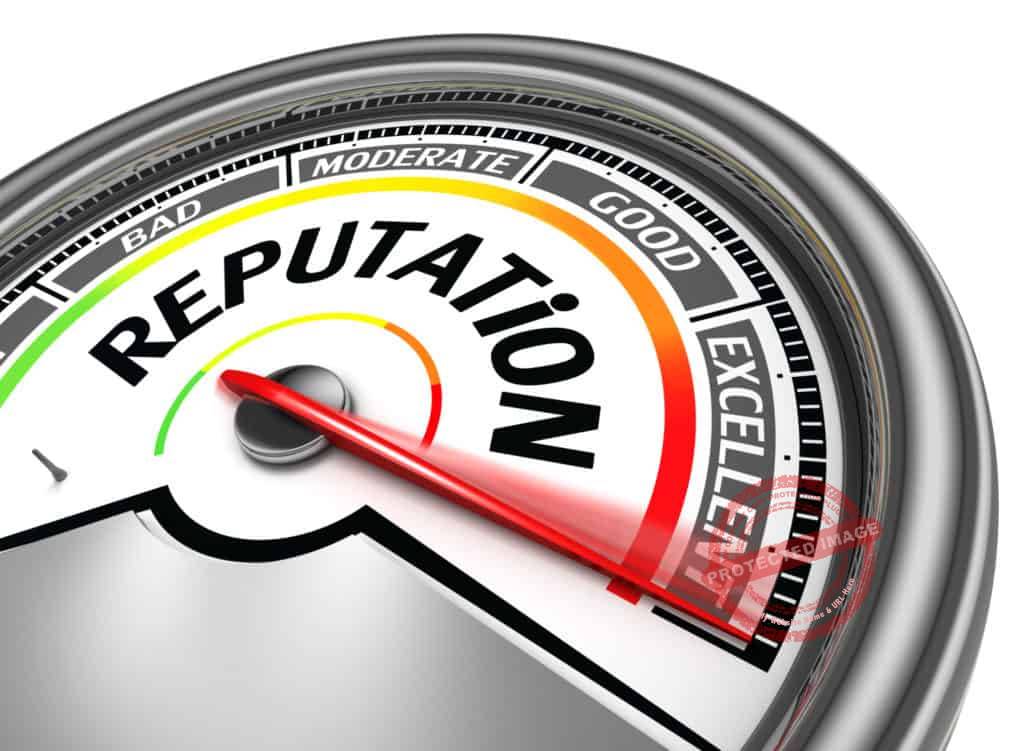
Following the rules of good business ethics can be good for both your sales and the reputations of both your company and its employees.
You get the respect of consumers if they know that you are operating how businesses should be operating, which further enhances your company’s image.
When a company’s image is strong, it almost always translates to better sales numbers, which results in better profit margins.
Therefore, improve your business’s image by following ethical practices.
3. It Is One of the keys to Creating Strong, Well-run Organizations

There are many steps to developing a first-class business organization.
One of the ways to do it is by creating a strong foundation based on good and ethical business practices.
Establishing ethics as part of your organization sets the standard for how employees will perform their transactions.
It will also set the tone for future employees to follow once they become a part of your business.
4. It Helps Prevent Committing Ethical Violations
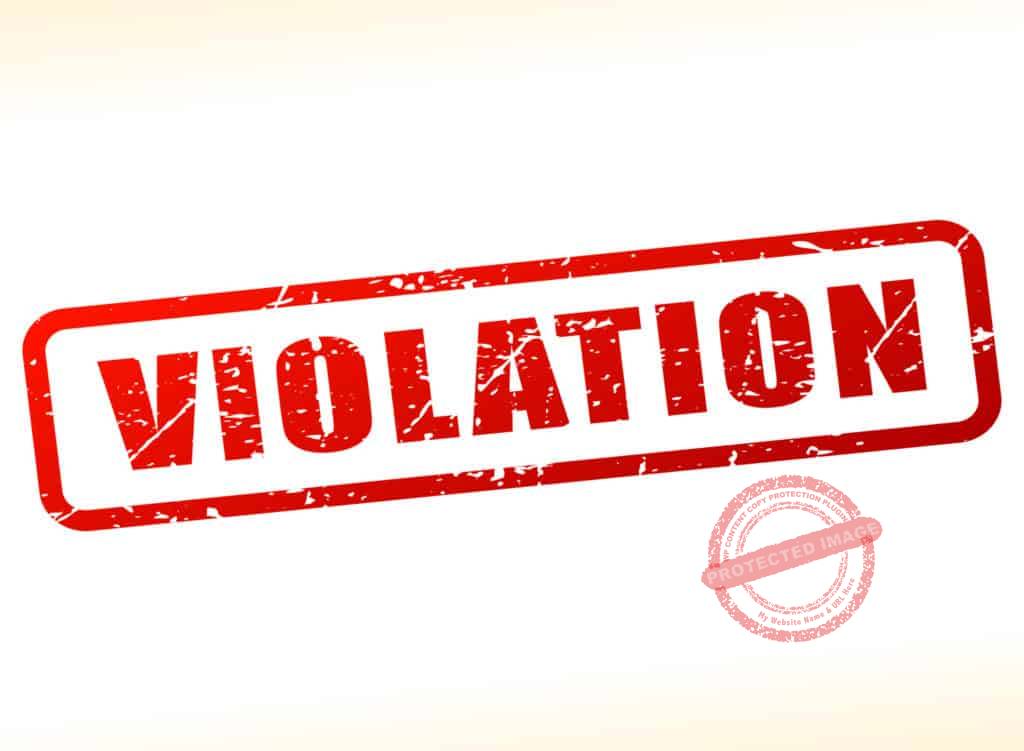
Committing ethical violations can cause complications that have significant impacts on most businesses.
Aside from the financial backlash from such offenses, there is also the potentially irreversible effect of such actions on a company’s reputation.
Understanding the different kinds of ethical dilemmas and what commonly causes them will give you an idea of how to resolve them, and more importantly, how to prevent them from happening in the first place.
5. It Guides Leaders in Resolving Present Ethical Conflicts
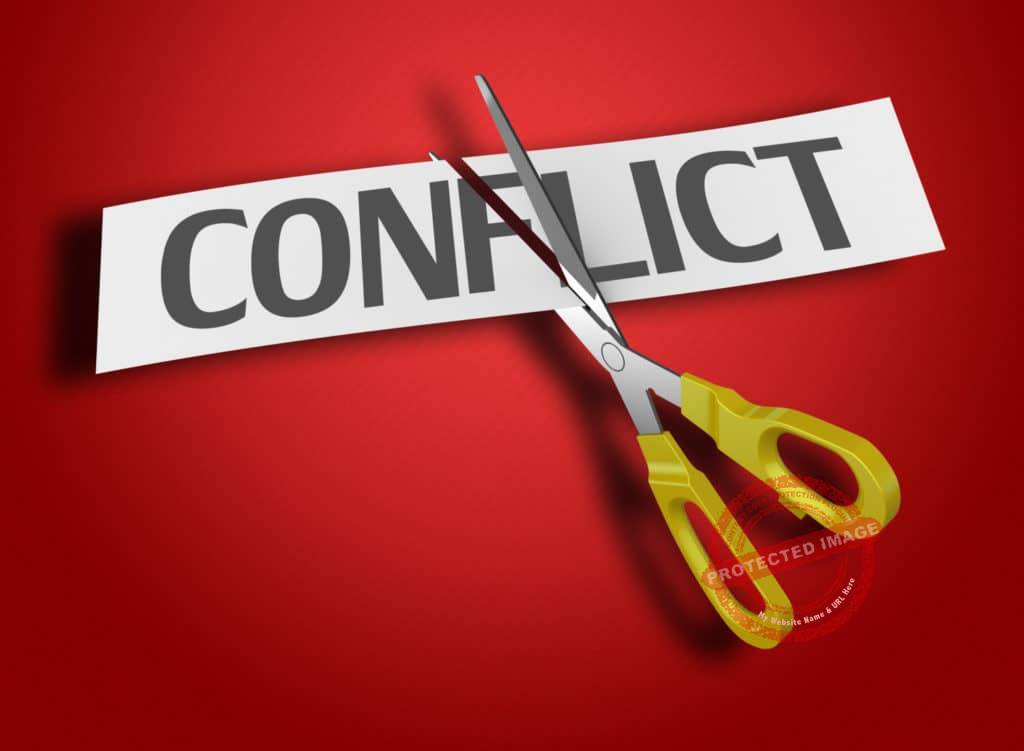
An understanding of ethical dilemmas will give you a better idea of how you can resolve them should they arise.
Prompt resolution of ethical dilemmas ensures efficient operations, keeps employee morale high, enhances the strength of leadership, and improves the public profile of companies.
Causes of Ethical Dilemmas
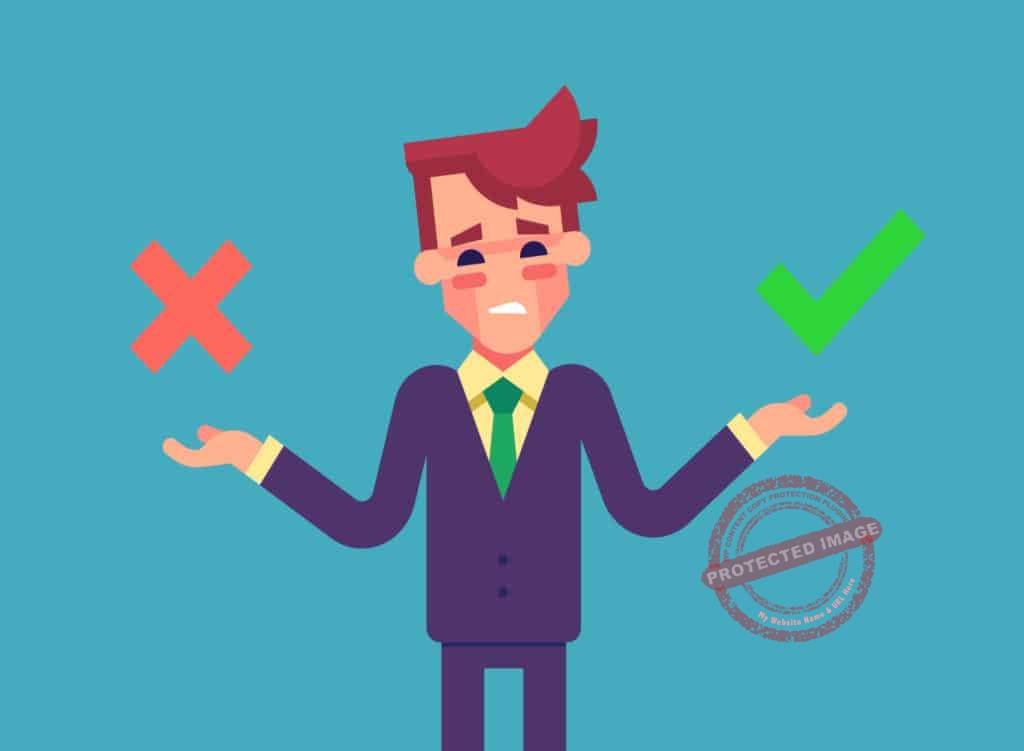
Ethical dilemmas exist in different forms at different organizational levels. Different factors cause these dilemmas.
Understanding the different causes of ethical dilemmas will help you in coming up with the best solutions to these problems while improving your chances of avoiding future incidents.
Here are some of the most common reasons why ethical dilemmas exist in both the individual and organizational levels.
1. Ignorance

There are situations wherein unethical practices are being done by some people because they are not aware that such acts are considered unethical.
While ignorance cannot be considered as an excuse for inappropriate behavior, it does happen from time to time.
There are many reasons why such ignorance exists, including lack of education, cultural norms, and the like.
When people are not aware that such acts are wrong, they tend to continue the acts.
2. Discrimination

Discrimination is also one of the most important causes of inappropriate corporate behavior.
There are different types of discrimination, and they can involve variables such as race, sex, nationality, age, and sexual orientation.
This has historically caused some of the most unethical acts known to man.
While increased social awareness and campaigns have greatly reduced the number of ethical violations in general, people and organizations still commit discrimination in business, both intentional and otherwise.
3. Management Pressure

One major cause of ethical dilemma in business is management pressure.
In a business setting, being able to meet goals set by management is an overriding need that pervades all levels of the organization.
Individuals of different roles within the business often face a difficult choice, especially during difficult situations.
They ask questions like: should they continue to follow appropriate protocols at the risk of loss, or should they bend the rules as needed to comply with the bottom line?
So, when under pressure from management, people may become more prone to committing ethical violations.
4. Personal Ambition

Personal ambition is one of the biggest reasons why individuals run into ethical dilemmas and occasionally decide on choosing the less ethical path.
Whether you are the owner of multiple businesses or an employee at the bottom of the organizational chain, everyone has their own ambitions.
Oftentimes, to fulfill these ambitions, one ends up making a choice that might not be the most ethically appropriate.
5. Leadership

The progress of an entire business organization is partly dependent on the type of leaders these organizations have.
Leaders are tasked with making the decisions for the group, weighing all matters including ethical considerations.
Leadership (or the lack of it) can greatly determine if a business will be run ethically or not.
Thus, leaders in the business world should be trained in business ethics so they know exactly what they should do should dilemmas arise.
Examples of Ethical Dilemmas in Business
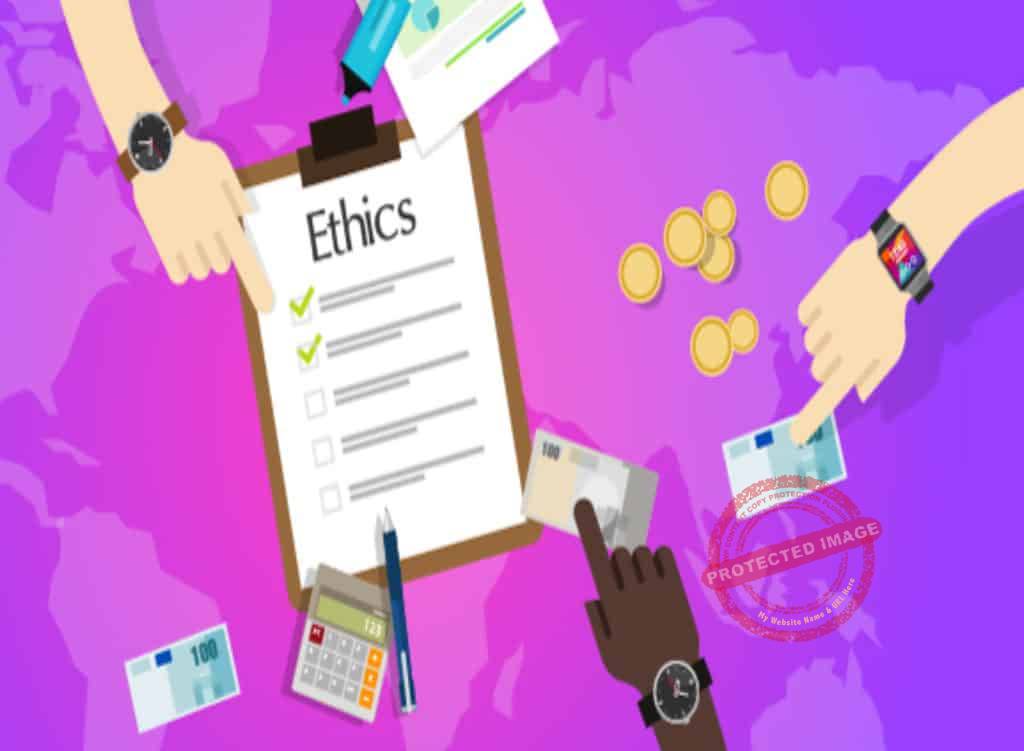
There are multiple dilemmas that will involve the application of business ethics.
All tiers of businesses must run under the written and unwritten rules of ethics.
Both legal and moral aspects can be involved, and the solution for such dilemmas may not be as simple as just answering a yes or no question.
Here are some examples of ethical dilemmas in business commonly observed in all industries, company size, and organizational levels.
1. Unsafe Working Environments

Maintaining the ideal working environment is a major consideration in business ethics.
In an ideal world, we want workplaces that have enough security, safety features, and protection from both internal and external threats.
However, establishing such systems cost money, money that is either insufficient or the higher-ups are unwilling to shell out for.
However, it’s part of the duties of businesses to provide the best possible working environments for their employees.
2. Discrimination

In an ideal world, we should live in a world where discrimination is not present.
However, this is not often the case in the real world.
People discriminate against people for a wide variety of reasons.
Some discriminate on the basis of gender, while others do on the basis of social standing.
However, when people discriminate in a business setting, it can lead to some problematic practices.
For example, people may or may not be hired for things that have nothing to do with their qualifications for the job.
3. Falsification

This is one of the most common forms of unethical practices being done at all levels of organizations.
People in business falsify information for a wide variety of reasons.
Some do it to make it look as if specific forms of data fit their personal agenda, while others do it in order to achieve promotion or to avoid sanctions.
Depending on the type of falsification done, the damage can range from negligible to extremely destructive.
Some examples of falsification include plagiarism, tampering, and intellectual dishonesty.
4. Espionage
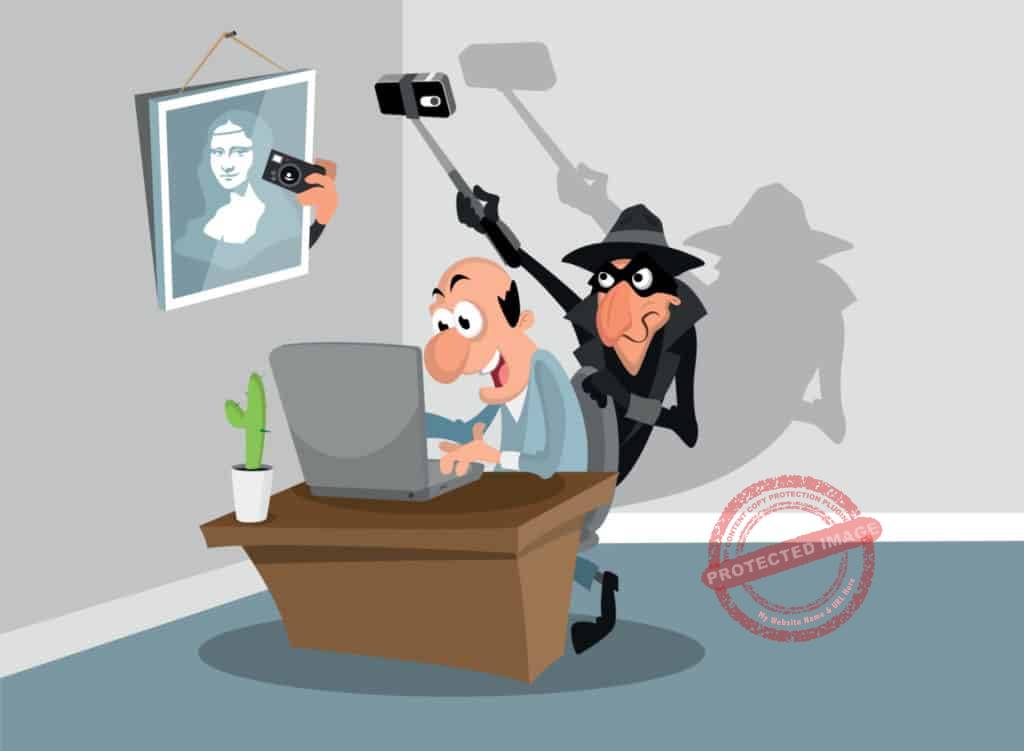
This is one of the most controversial ethical dilemmas in business.
Espionage is defined as the illegal acquisition of data from one organization for the benefit of another one.
Espionage can come from different sources:
- People hired by a business entity to spy on rivals
- Former employees who spill information to rival companies to sabotage their former company.
- People who illegally pick up goods and/or practices from other businesses to incorporate into their own.
While this may seem complicated, corporate espionage is actually relatively common.
5. Nondisclosure
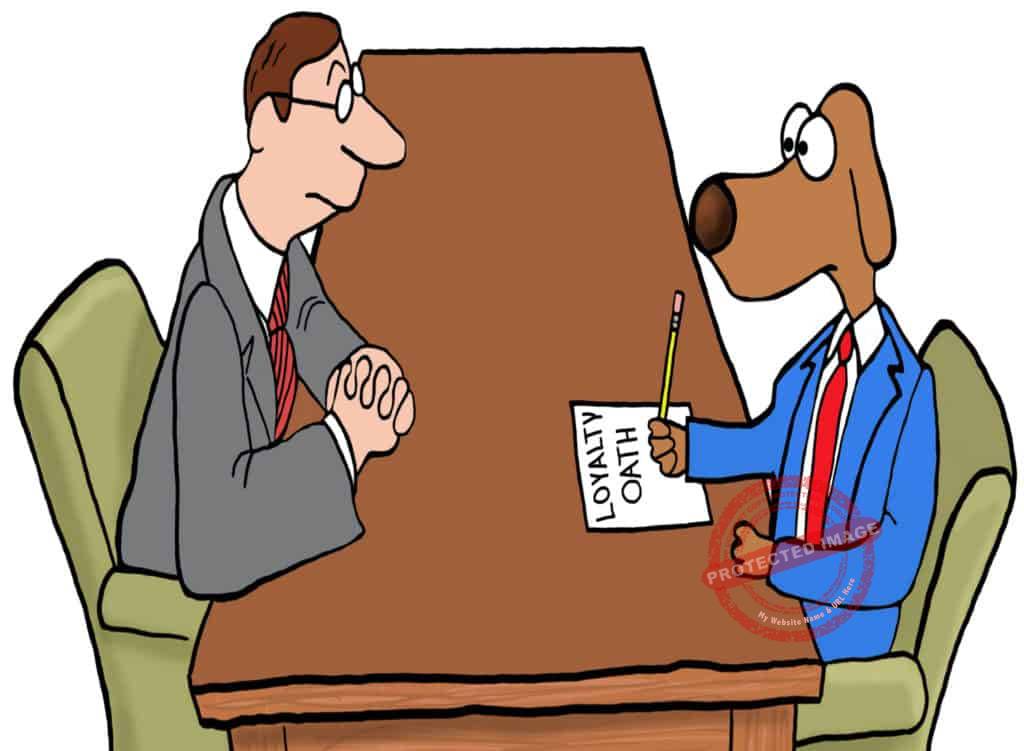
One common element found in employment contracts is nondisclosure.
Employees shouldn’t put confidential company information out in public.
At the same time, employers shouldn’t use the private information of their employees for whatever reason except for the individuals who consented to it.
However, this agreement is very commonly breached by both sides, and such breaches are common subjects of legal consequences.
In spite of the legal issues, non-disclosure remains a common issue in business ethics.
6. Breaches in Privacy
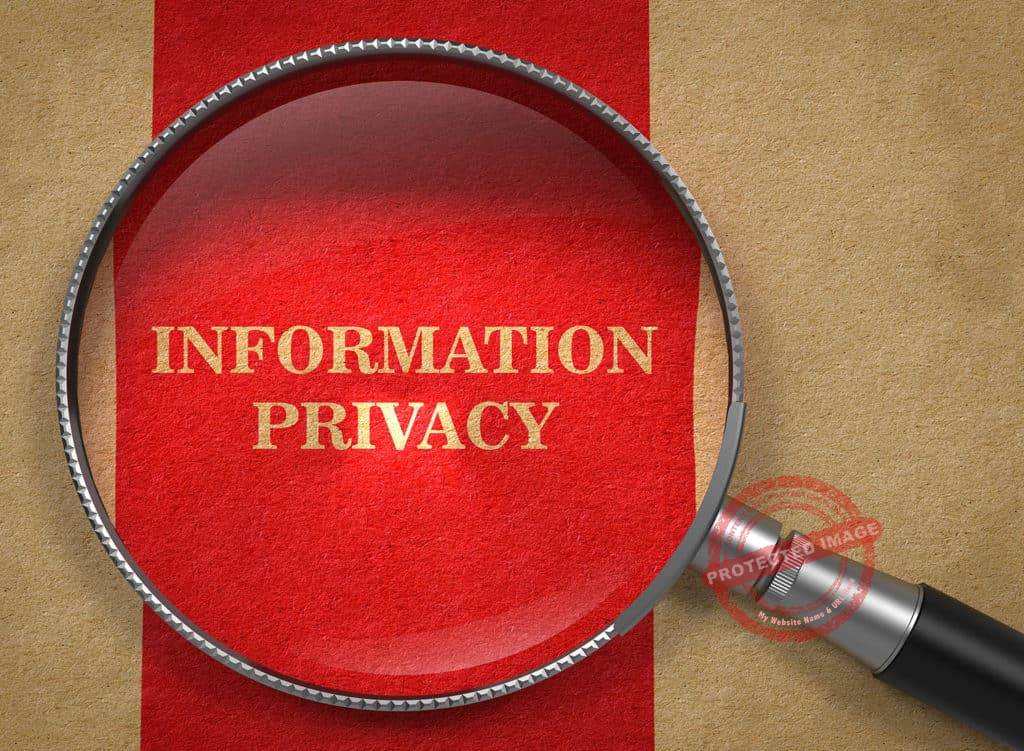
This is another common source of complications in business relationships.
You shouldn’t breach private information, except information that can potentially cause harm to you and others.
It is unethical for both employee and employer to divulge information without the implied consent of the other party.
However, for many reasons, either party chooses to use such information without consent.
7. Improper Use of Social Media

Social media is now a big part of our day-to-day lives.
It has now become a means to stay updated, communicate with other people, and share one’s opinion with the rest of the world.
However, there are more than a few cases that people have misused social media, which resulted in some unethical uses.
For example, an employee shouldn’t slander a current or former employer, especially if they cannot back up their claims.
At the same time, companies should not slander former employees and other companies.
8. Bad Accounting Practices

Those involved in the financial end of a business are under massive amounts of pressure.
Any financial record not properly done can lead to a potential crisis in the company.
There are some parts of a company that can be guilty of inappropriate use of funds, and the only way to cover it up is by altering the way expenses are filed and processed.
This area of business is particularly prone to ethical violations.
9. Corporate Research Violations

Research is at the heart of the growth of all forms of industries.
However, research performed or sponsored by a particular company may be prone to some ethical dilemmas.
For example, there is what you call research bias.
There is a possibility that businesses are looking for specific outcomes in the research, resulting in biased methods, results, and evaluation.
Additional, there are some areas of research where the framework of the study does not comply with ethical standards of scientific research.
Possible Solutions to Ethical Dilemmas

Resolving ethical dilemmas in business often involves a multi-step approach that must involve all members of the organization.
It would take some major adjustments, but these adjustments would prove necessary if the company wants to strengthen its identity.
The following solutions can be used by businesses to make their practices ethically sound.
1. Take Ethical Practices Seriously

A lot of companies fall into the trap of not taking ethics seriously.
In fact, most organizations go about their practices, bending elements of business etiquette accordingly to suit their personal needs and agendas.
Things are not done properly until problems start occurring.
It is important for business leaders to start taking ethical practices seriously to prevent these issues from happening to begin with.
It will also help in creating a solid company identity, which is also essential for forging good business practice.
2. Encourage Transparency

Encouraging corporate transparency is one of the best ways to prevent ethical dilemmas from happening.
There should be an unbiased check and balance system at all levels of the organization.
When every member of the organization is open about their transactions and practices, it encourages a culture of honesty, which in turn reduces the incidences of ethical transgressions.
After all, why hide anything if you have nothing to hide?
3. Create the Right Company Culture
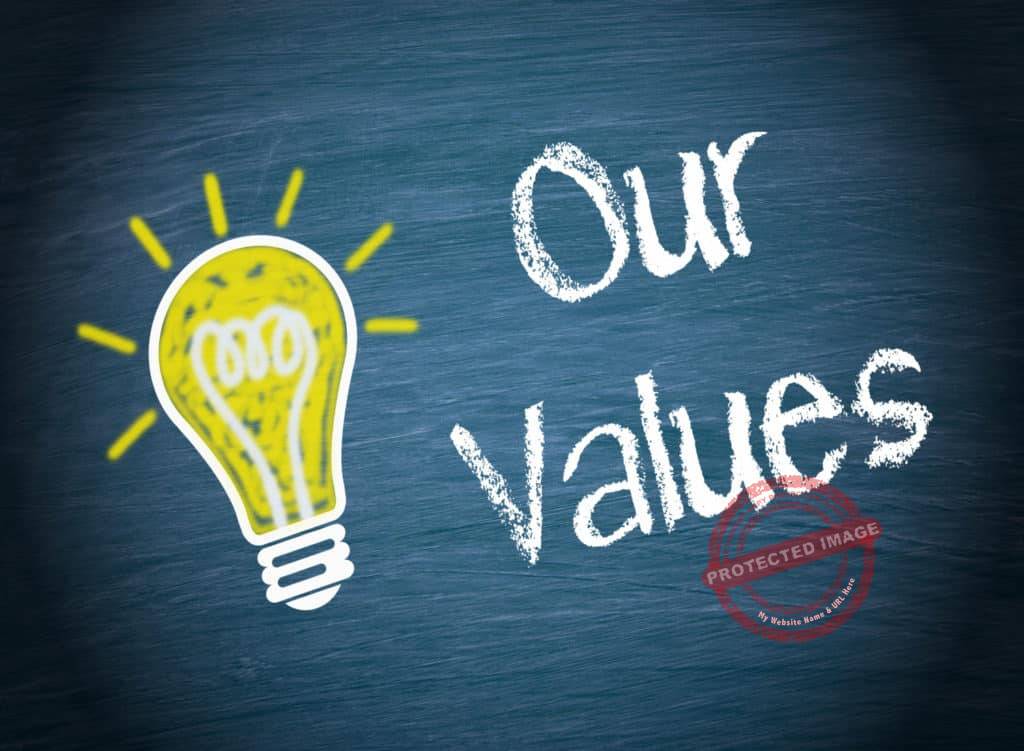
Establishing the right company culture is a multi-step process. In fact, some companies take years before they get to establish a culture of ethical practice.
However, once established, it ingrains a strong foundation for the entire company to follow.
There are many steps in creating great quality culture: state it clearly in your mission and vision statements, be firm in your standards, reinforce ethical behavior, hire the right people, and do your best to encourage people to align to ethical practices.
4. Put Value In Leadership

The best businesses would say that everything starts from the top.
The same holds true when it comes to ethical practices. It starts with the leaders (that means you!) enforcing rules on ethics.
Beyond creating and enforcing rules, it is important that you lead by example. Otherwise, everyone would just be following suit.
In addition to being a leader of integrity, you also need to train the leaders in your organization to demonstrate and encourage ethical behavior.
Ethical Dilemmas in Business Infographic

5. Develop Character

Prioritizing good character in an organization is a must if you want to establish ethical practices as part of your business identity.
Beyond hiring people of good moral character, you also need to invest in developing the character of your employees.
You can never go wrong in putting emphasis on character. It’s one of the best ways to prevent and manage ethical dilemmas in business.

There are also other ethical problems people encounter in the business world.
In fact, you are going to face such scenarios on an almost-daily basis.
You, as a leader of your own enterprise, are going to face a lot of these during your tenure.
Sometimes, you might be the one who is faced with an ethical dilemma.
Other times, it is those who work for you that will face such a dilemma.
Dilemmas, in general, are good for business.
It challenges everyone to make difficult decisions and ultimately do what’s best for both the business and their conscience.
Talk about ethical dilemmas. Do not avoid the conversation. Effective resolution of these issues will help your organization become better and stronger.
Click on Buy Now For a PDF Version of This Blog Post
 |

